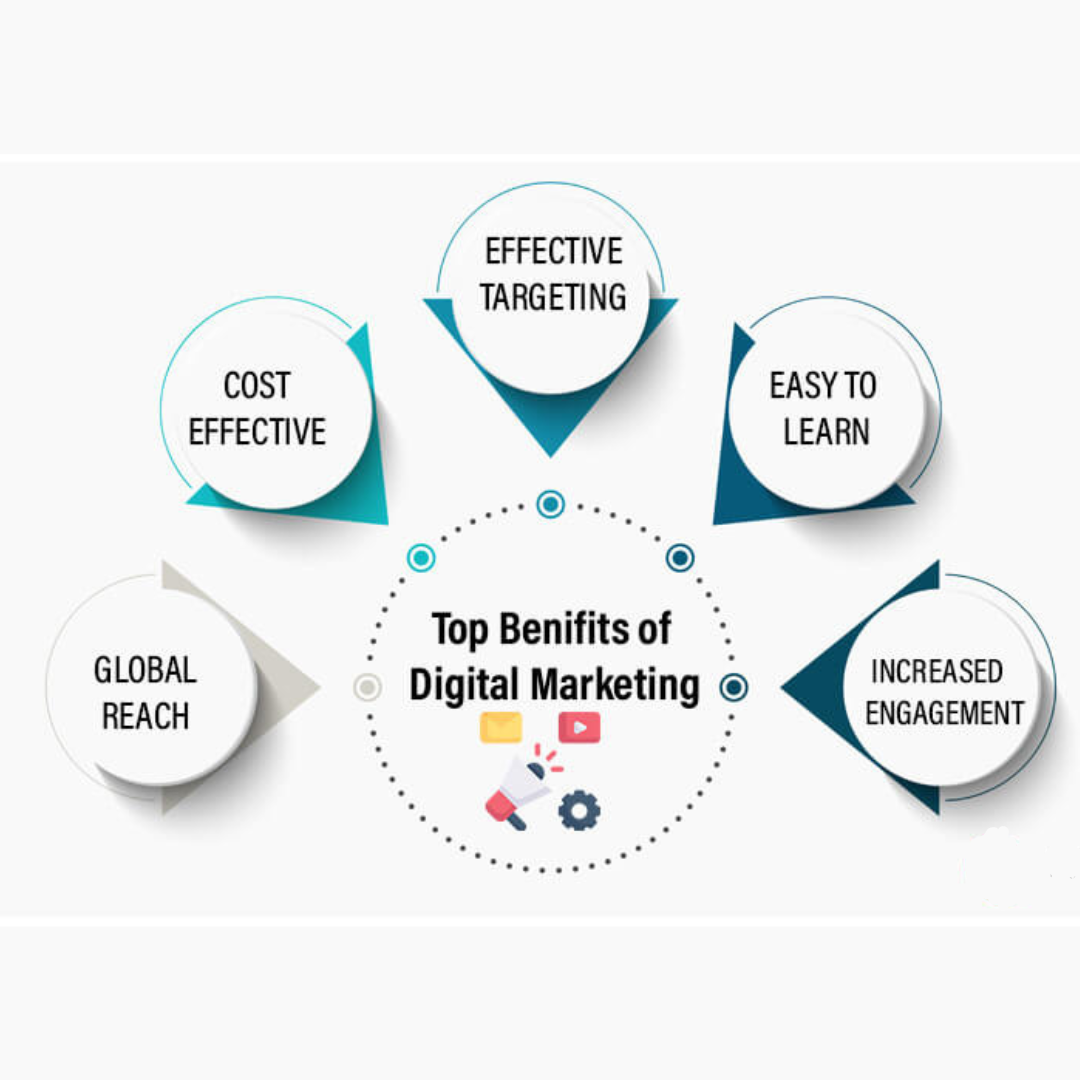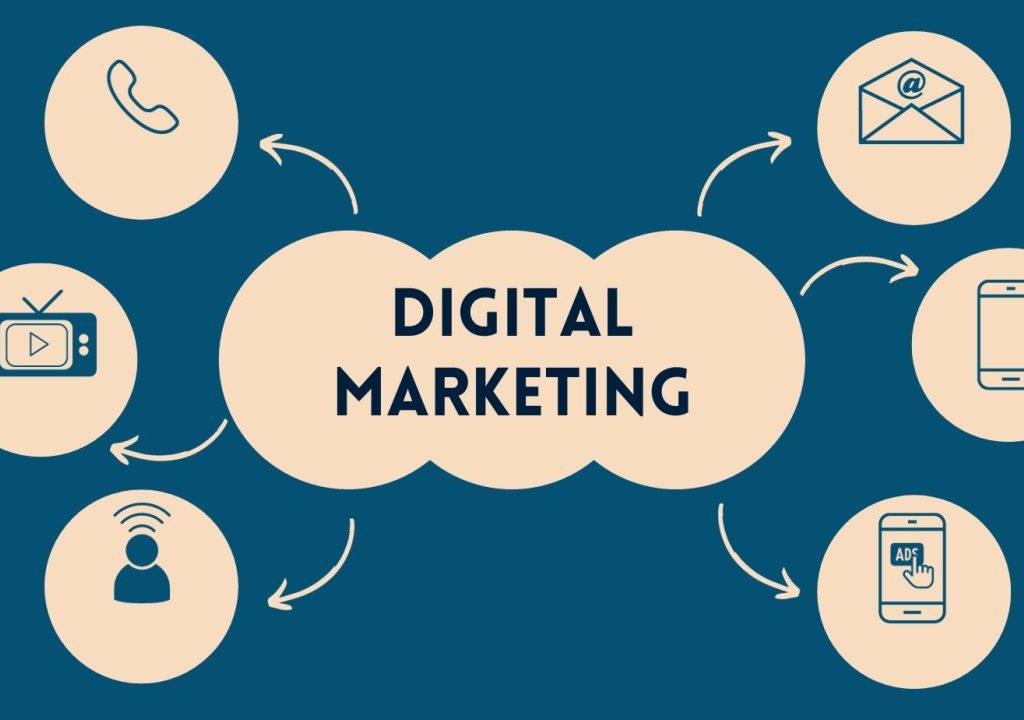In today’s fast-paced, technology-driven world, digital marketing has emerged as a critical skill for businesses and individuals alike. Whether you are a seasoned professional looking to enhance your skills or a student aiming to enter the workforce, learning digital marketing can open a multitude of opportunities. Here are some compelling reasons to learn digital marketing and the benefits that come with it.
1. High Demand for Digital Marketing Professionals
The digital landscape is expanding rapidly, and businesses are increasingly relying on online channels to reach their target audiences. This surge in digital activities has created a high demand for skilled digital marketers. According to a report by LinkedIn, digital marketing specialists are among the top ten most in-demand jobs with significant year-over-year growth. Learning digital marketing equips you with the skills that are sought after in various industries, making you a valuable asset to any company
2. Diverse Career Opportunities
Digital marketing is a broad field encompassing various disciplines such as content marketing, social media management, search engine optimization (SEO), email marketing, and more. This diversity means that you can choose a niche that aligns with your interests and strengths. Whether you enjoy creative tasks like content creation or analytical tasks like data analysis, there is a place for you in digital marketing.

3. Entrepreneurial Opportunities
For aspiring entrepreneurs, digital marketing is an invaluable skill. It enables you to promote your business effectively, reach a global audience, and compete with larger companies on a more level playing field. With digital marketing, you can create cost-effective campaigns, measure their success in real-time, and adjust strategies quickly to optimize results. This flexibility and efficiency can significantly enhance your business’s growth prospects.
4. Cost-Effective Marketing
Compared to traditional marketing methods, digital marketing is often more cost-effective. Small businesses and startups, in particular, can benefit from this by maximizing their marketing budgets. For instance, email marketing, social media advertising, and content marketing can reach a large audience at a fraction of the cost of traditional media like TV or print advertising. By learning digital marketing, you can leverage these cost-effective strategies to achieve your marketing goals without breaking the bank.
5. Measurable Results
One of the standout advantages of digital marketing is the ability to measure results accurately. Tools like Google Analytics, social media insights, and email marketing platforms provide detailed metrics on campaign performance. This data-driven approach allows marketers to track what is working and what isn’t, leading to more informed decision-making. By mastering digital marketing, you can harness the power of data to improve your strategies and achieve better outcomes.
6. Flexibility and Adaptability
DM offers flexibility in terms of work environment and career progression. Many digital marketing roles can be performed remotely, providing a better work-life balance. Additionally, the field is constantly evolving, with new tools, platforms, and trends emerging regularly. This dynamic nature ensures that digital marketers are always learning and adapting, keeping the work interesting and engaging.

7. Enhanced Customer Engagement
In today’s digital age, customer engagement is the cornerstone of successful marketing strategies. Digital platforms offer a plethora of channels, from social media to blogs and email newsletters, facilitating direct interaction between businesses and their audience. This two-way communication fosters a sense of community and trust, enabling businesses to address customer concerns promptly and personalize their approach. By actively engaging with their audience, businesses not only enhance customer satisfaction but also cultivate long-lasting loyalty. In a competitive marketplace, where differentiation is key, building strong relationships through effective engagement becomes a strategic imperative. Moreover, loyal customers often become brand advocates, amplifying the reach and impact of marketing efforts. Thus, investing in robust DM strategies that prioritize customer engagement is not just about immediate gains but also about securing the future success and sustainability of the business in the ever-evolving digital landscape.






